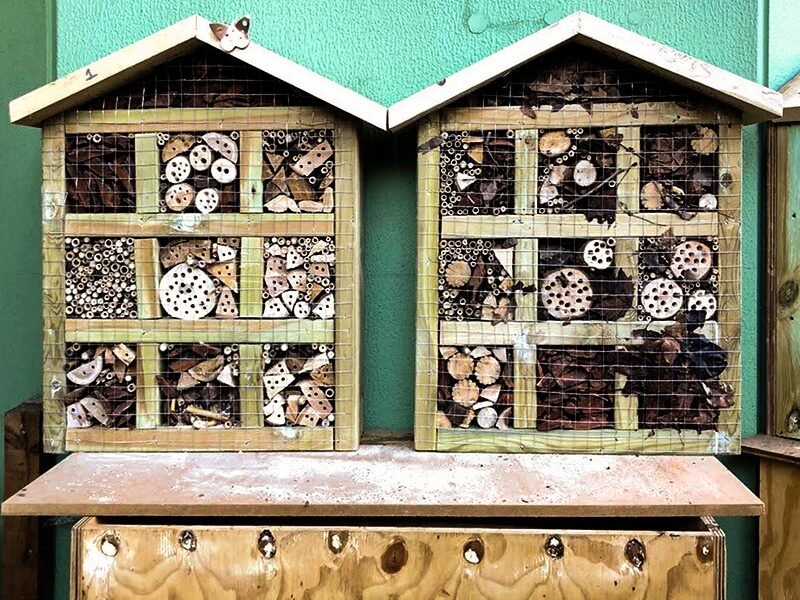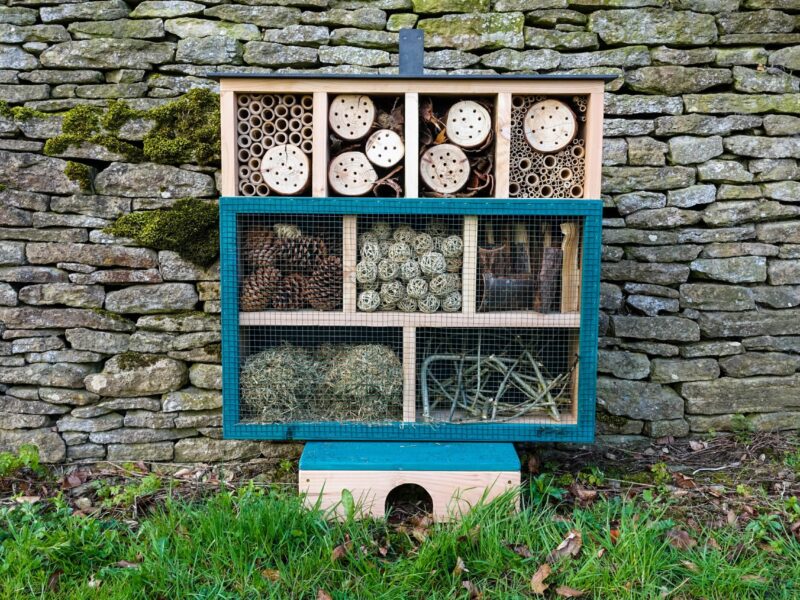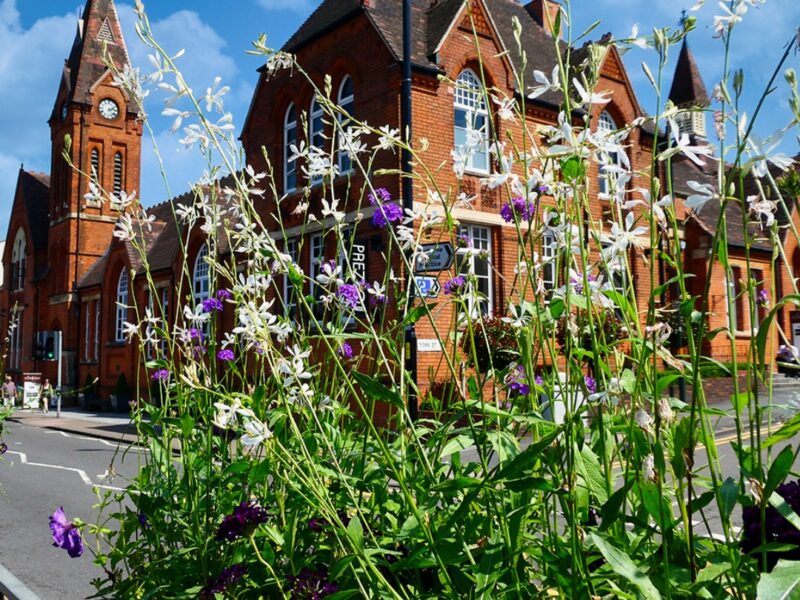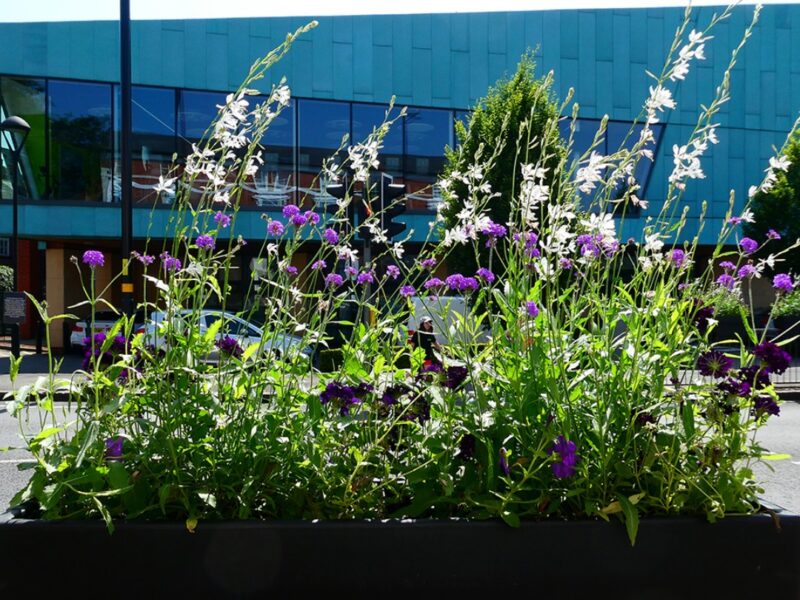Rudloe Wombles Recognised by Wiltshire Council and idverde for Community Impact
The Rudloe Wombles litter-picking group has been formally recognised by Wiltshire Council and idverde for their significant contribution to the Box Parish community.
Grounds Maintenance, Landscape Creation, Arboriculture, Sports Surfacing, Parks management, IOS Managing Safely Training, Ecology & Biodiversity, Grass cutting, Horticulture, Street Cleaning, Soft Landscaping, Hard Landscaping
idverde provides a wide range of green services, including grounds maintenance, landscape creation, and advice services, to both private and public sectors across the UK.
There are a large variety of pollinators in the UK; the most common and well-known ones are bees. A pollinator is an insect that carries pollen by travelling from one plant to another. Bees carry pollen on their bodies, transferring it to another plant through travel or while flying, dropping it onto the plants below. Pollinators are the main component in sustaining the ecosystem, resulting in cleaner air and helping crops and produce to grow naturally.
There are many different ways we can spread awareness and support our bees. It is as simple as including pollinator-friendly plants and flowers in our gardens. Bees must have access to the nectar in the plants to allow them to spread the plant pollen.
If you find a bee that is struggling, the best solution is to gently transfer it to a nearby pollinator-friendly plant or flower; it will be able to recover and carry on its work. If you see a tired bee on the floor, we suggest offering the bee a drop of sugar water on a teaspoon; this will give the bee energy to carry on. You should never give a bee any honey as it might contain chemicals which bees cannot digest. Please note that not all bees might be hurt; some might just be resting…they work very hard after all.
idverde are adapting how we work in order to support habitats for pollinators and improve biodiversity across the UK.
The Bee Superhighway project will improve and increase habitats that support pollinators across Kensington and Chelsea. It will create ‘stepping-stones’ and linkages between existing habitats by creating new wildflower areas, increase pollinator-friendly planting and installing other beneficial features such as bug hotels and ponds. The pollinator hotspots will form a Borough-wide pollination network and will join existing habitats and green spaces, forming a ‘Bee Superhighway’.
As part of the project, the Royal Borough aims to raise the profile of pollinators and their importance to people and provide education and engagement opportunities to enable residents, community groups, schools and business to create their pollinator hotspots, big or small, contributing to the Boroughs’ pollinator Network.
idverde colleagues have been working closely with Kensington and Chelsea’s Parks and Ecology Team to create more pollinator-friendly habitats across the Borough’s parks, housing and amenity green space.


Plantscape, which is part of idverde, has been working hard behind the scenes to help bring floral displays to your streets, which work to boost the area’s biodiversity and increase the presence of nature in urban areas.
Plantscape’s bee-friendly range of planters includes nectar and pollen-rich plants, which promote bee welfare by enabling their food chain with the help of bee-friendly plants. Find out more about the range here.

